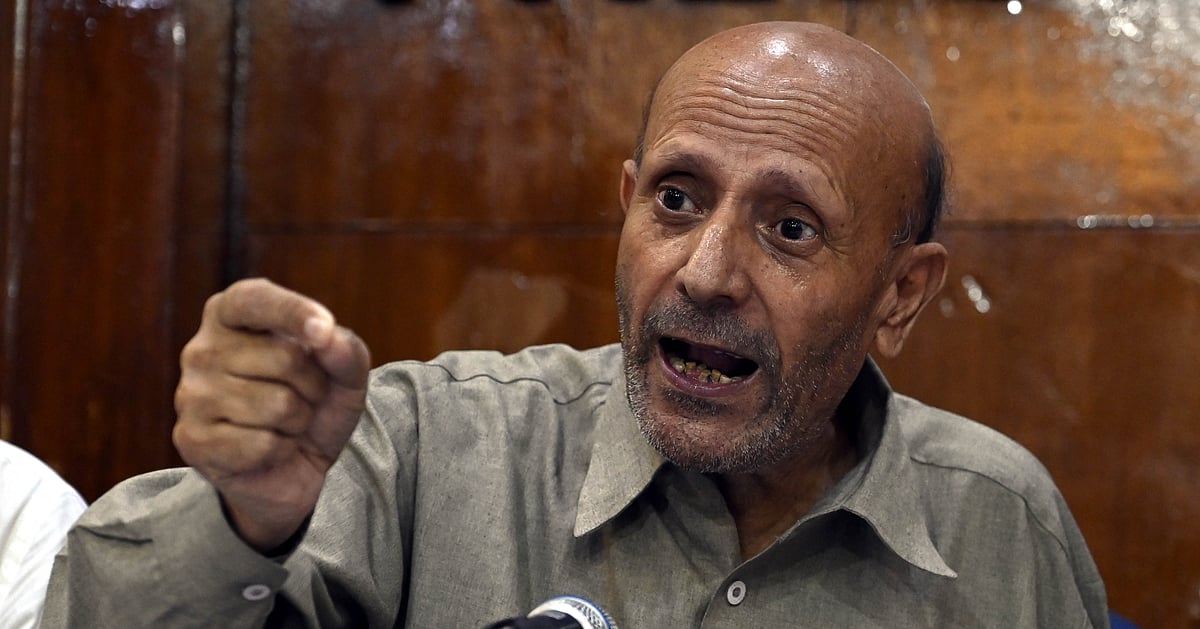 |
|
The case of Rashid Engineer, a Member of Parliament from Baramulla, highlights the complex interplay between legal proceedings, political representation, and healthcare access within the Indian justice system. Engineer, incarcerated since 2019 on charges of terror funding, was granted a brief two-day custody parole by the Delhi High Court specifically to attend the crucial Budget session of Parliament. This decision underscores the importance of parliamentary representation, even for those facing serious accusations. The granting of parole, however, came with stringent conditions, including prohibitions on using cell phones or the internet, interacting with the media, and contacting anyone beyond the limited scope of his duties as an MP. These restrictions demonstrate a cautious approach by the court in balancing the MP's right to participate in parliamentary proceedings with the concerns surrounding his ongoing legal case.
The decision to take Engineer to RML Hospital for a routine medical check-up before his attendance in Parliament raises questions about the logistical challenges involved in managing such cases. The fact that he was escorted by police security emphasizes the security considerations surrounding his movement and the potential risks associated with his presence outside the confines of Tihar Jail. The routine nature of the health check-up suggests that the primary focus was on ensuring his fitness to participate in parliamentary proceedings, rather than addressing any specific health concerns. This action underlines the procedural complexities involved in accommodating the needs of an incarcerated individual who is also an elected representative.
The allegations against Engineer of funding separatist and terror groups in Jammu and Kashmir remain a significant aspect of this case. The seriousness of these charges and the ongoing legal proceedings against him create a backdrop of controversy that continues to shape public perception and discussions surrounding his temporary release. The limitations imposed on his parole demonstrate the cautious approach being taken by the authorities, balancing the importance of his parliamentary duties with the concerns related to his alleged involvement in serious offenses. The entire situation encapsulates the delicate balance between the principles of due process, the right to representation, and the need for national security, especially within a sensitive region like Jammu and Kashmir.
Further analysis should consider the implications of such rulings for other incarcerated individuals who might hold public office. The precedence set by the Delhi High Court's decision in Engineer's case will undoubtedly influence future considerations of similar circumstances. A broader discussion might examine the need for clearer guidelines and mechanisms for managing cases involving elected officials who are charged with criminal offenses. This discussion could also involve exploring the potential challenges and complexities in balancing the rights of the accused with the responsibilities of public office.
This case invites a detailed examination of the legal framework surrounding parole grants and the specific conditions applied in cases involving individuals facing serious criminal charges. Are the restrictions imposed on Engineer proportionate to the nature of the allegations and the ongoing legal proceedings? What safeguards are in place to ensure the compliance of such conditions, especially given the limitations placed on his communication and interactions? A critical assessment of these aspects is needed to ensure fairness and consistency in the application of such rulings.
Beyond the legal aspects, the case of Rashid Engineer raises wider questions about the political implications of incarcerating elected representatives. How does the temporary absence of an MP due to incarceration impact his constituency and the overall functioning of Parliament? What mechanisms are in place to ensure that constituents continue to receive representation during such periods? These broader societal aspects should be examined to ensure the smooth functioning of democracy even in the face of exceptional circumstances.
Source: Baramulla MP Engineer Rashid taken for medical check-up en route to Parliament
